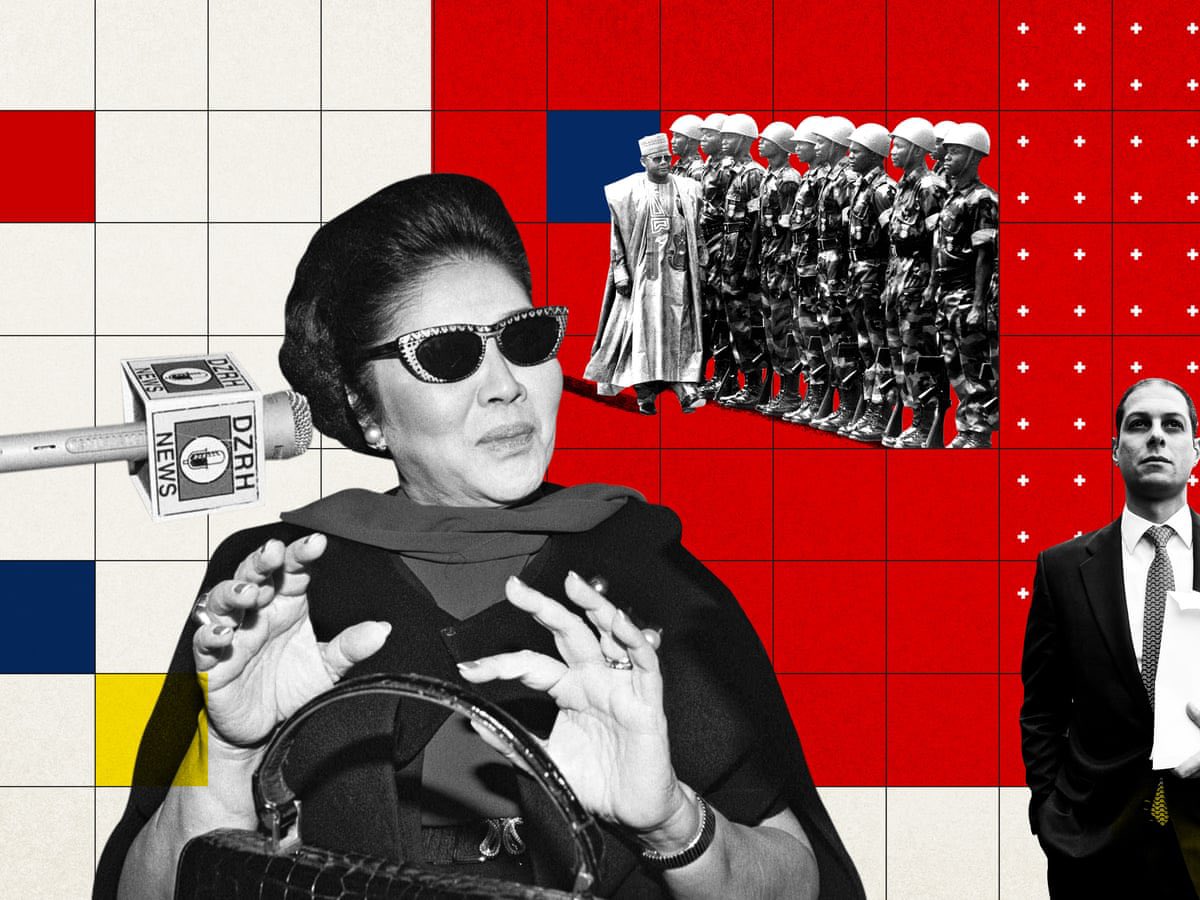1/5 Let’s talk about Switzerland’s Credit Suisse Bank.
It is in shit street financially and needs a $54Bn bailout from Switzerland’s Central Bank.
Credit Suisse is 160 years old and is one of the largest banks in the world. This bank has a history of … twitter.com/i/web/status/1…

It is in shit street financially and needs a $54Bn bailout from Switzerland’s Central Bank.
Credit Suisse is 160 years old and is one of the largest banks in the world. This bank has a history of … twitter.com/i/web/status/1…


2/5
1986 - The bank was implicated in helping to store $10bn stolen by Phillipines Ferdinand Marco and his wife Emelda siphoned from the country. Credit Suisse open fake accounts for this couple under the names of William Saunders and Jane Ryan to hide the stolen money. The… twitter.com/i/web/status/1…

1986 - The bank was implicated in helping to store $10bn stolen by Phillipines Ferdinand Marco and his wife Emelda siphoned from the country. Credit Suisse open fake accounts for this couple under the names of William Saunders and Jane Ryan to hide the stolen money. The… twitter.com/i/web/status/1…


3/5
2009 - Credit Suisse was fined $536m for circumventing sanctions by the US Gov, including Iran and Sudan between 1995-2007. At the time the bank claimed it was “enhancing procedures” and taking action internally.
2011 - Credit Suisse paid $150m dollars to settle an… twitter.com/i/web/status/1…

2009 - Credit Suisse was fined $536m for circumventing sanctions by the US Gov, including Iran and Sudan between 1995-2007. At the time the bank claimed it was “enhancing procedures” and taking action internally.
2011 - Credit Suisse paid $150m dollars to settle an… twitter.com/i/web/status/1…


4/5
2017 - Police raided homes and Credit Suisse banks in the Netherlands and France and launched investigations into employees in the UK, Australia and Germany involved in tax evasion in over 55000 accounts. At the time Credit Suisse said it was “co-operating with authorities”… twitter.com/i/web/status/1…

2017 - Police raided homes and Credit Suisse banks in the Netherlands and France and launched investigations into employees in the UK, Australia and Germany involved in tax evasion in over 55000 accounts. At the time Credit Suisse said it was “co-operating with authorities”… twitter.com/i/web/status/1…


5/5
2021 Credit Suisse recorded a $5.5bn loss due to it’s exposure to a US Hedgefund which collapsed. The bank said it fired 9 staff and took action against a further 23 staff. It promised to put “Risk Management at the heart of its decision making”
2021 Credit Suisse was… twitter.com/i/web/status/1…


2021 Credit Suisse recorded a $5.5bn loss due to it’s exposure to a US Hedgefund which collapsed. The bank said it fired 9 staff and took action against a further 23 staff. It promised to put “Risk Management at the heart of its decision making”
2021 Credit Suisse was… twitter.com/i/web/status/1…



BREAKING:
UBS will be buying a world of corruption - it will colour the UBS image permanently, with corruption and systematic failures in compliance and due diligence.
reuters.com/business/finan…
@UBS #UBS #Credit_Suisse #CreditSuisse #Corruption
UBS will be buying a world of corruption - it will colour the UBS image permanently, with corruption and systematic failures in compliance and due diligence.
reuters.com/business/finan…
@UBS #UBS #Credit_Suisse #CreditSuisse #Corruption
• • •
Missing some Tweet in this thread? You can try to
force a refresh












